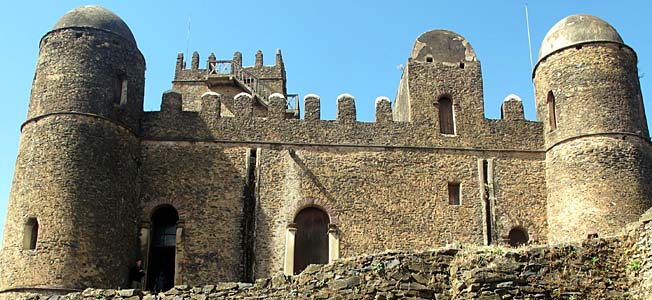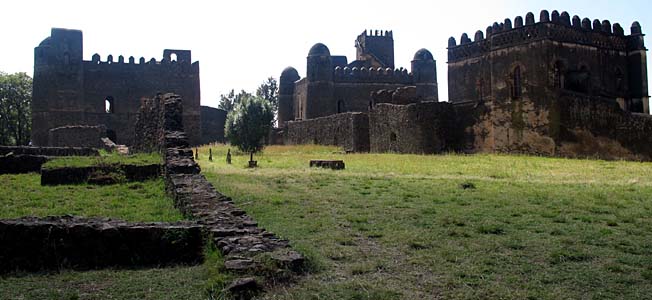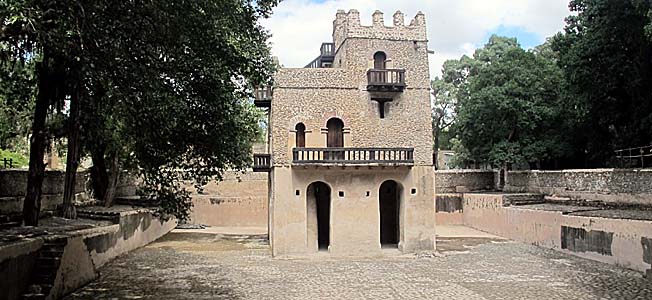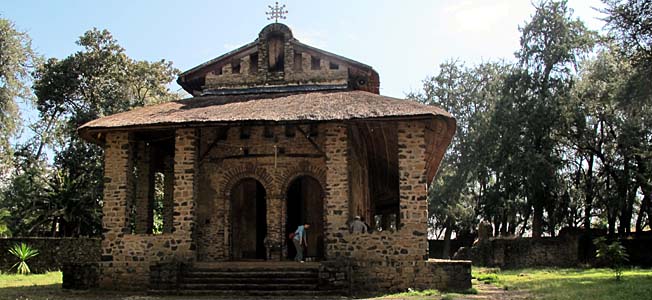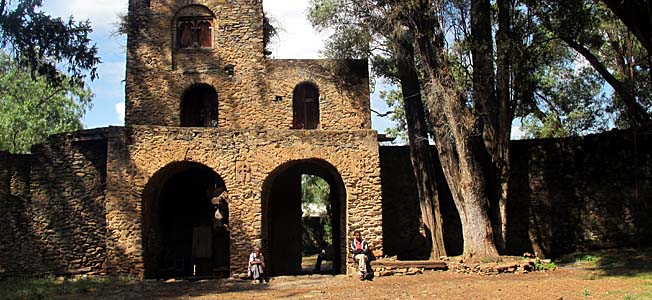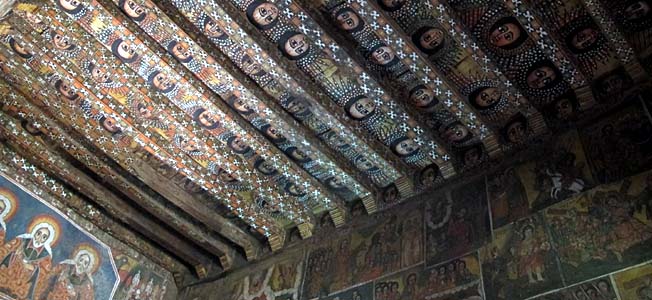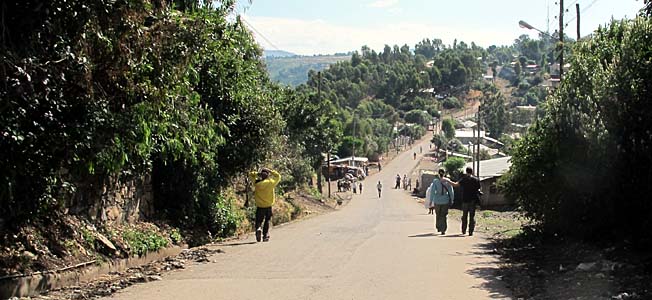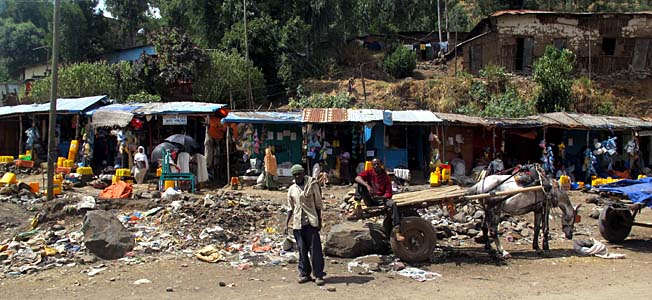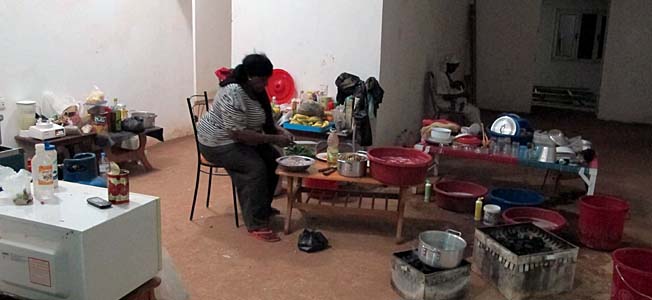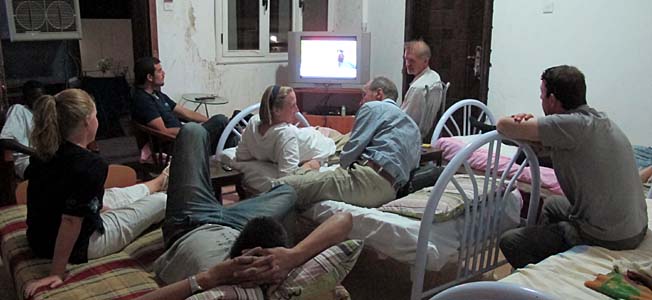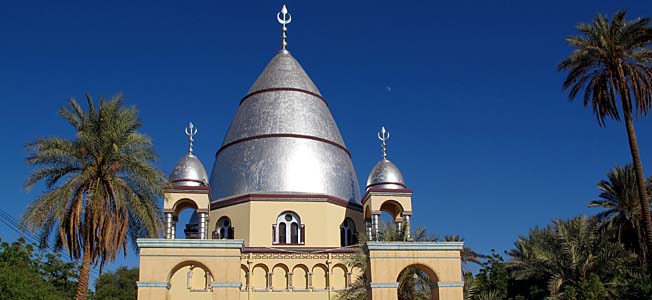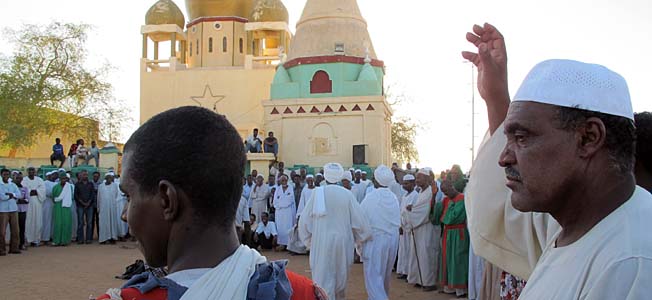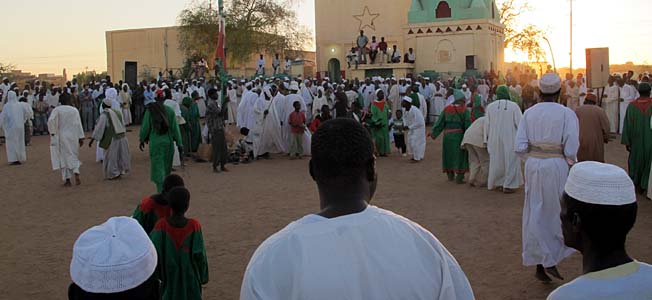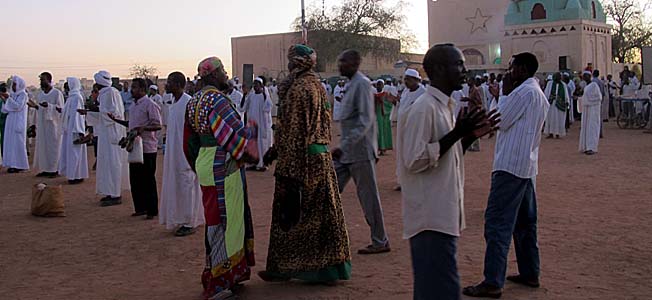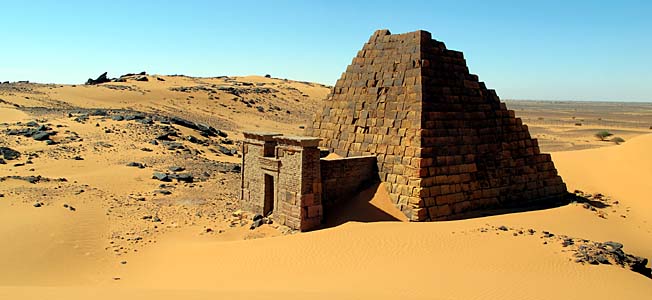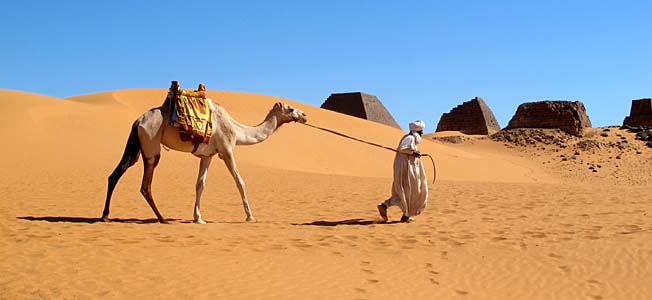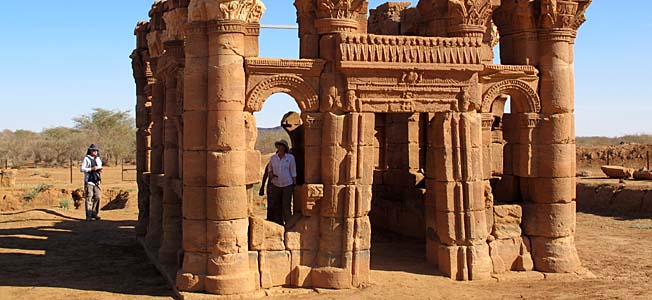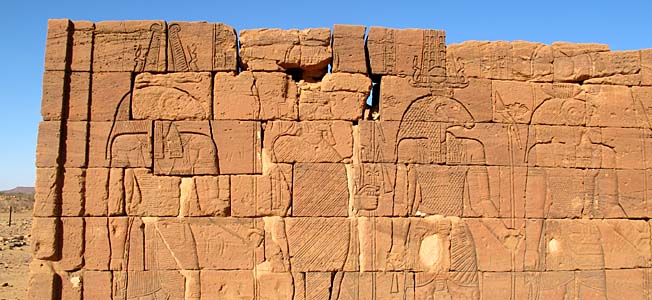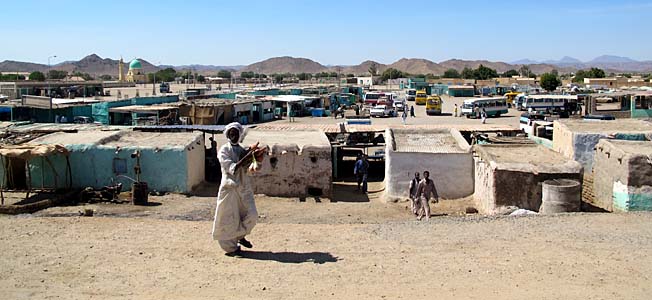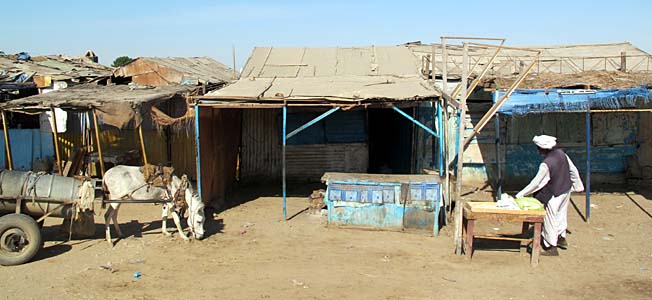Fasil Ghebbi Castle and Fasilides’ Bath in Gondar
In the morning we went for a little city tour in Gondar which brought us to the Fasil Ghebbi Castle and the Fasilides’ Bath. We spent two hours at the castle since our guide bombarded us with tons of historical facts to every stone in the castle. Actually he didn’t manage to gain my interest with all those facts and so I decided to walk off the group and discover the castle on my own. Personally, I find it much more interesting if tour guides tell the stories behind what can be seen and not only dry historical figures which I can look up by myself if it really interests me.
The Fasilides’ Bath was also interesting to see although the main action happens every year in January when the facility is flooded with water which is blessed afterwards before the crowd can take a bath in it. The third and last stop of the Godar city tour was the church which I already visited yesterday. Therefore, I and some others left the tour to walk around on our own. On the way back my roommate Michelle and I walked up the hill to our hotel which was a nice little exercise.
Michelle also plans to participate in a 10 km city run in Addis Abeba which I might join as well but I’m still undecided since I don’t have any sport cloth with me and it might be pretty hot in Addis.
In the afternoon some of us went to visit a local brewery. I didn’t join since I saw already many breweries. Instead I was relaxing with a few others at the hotel.


